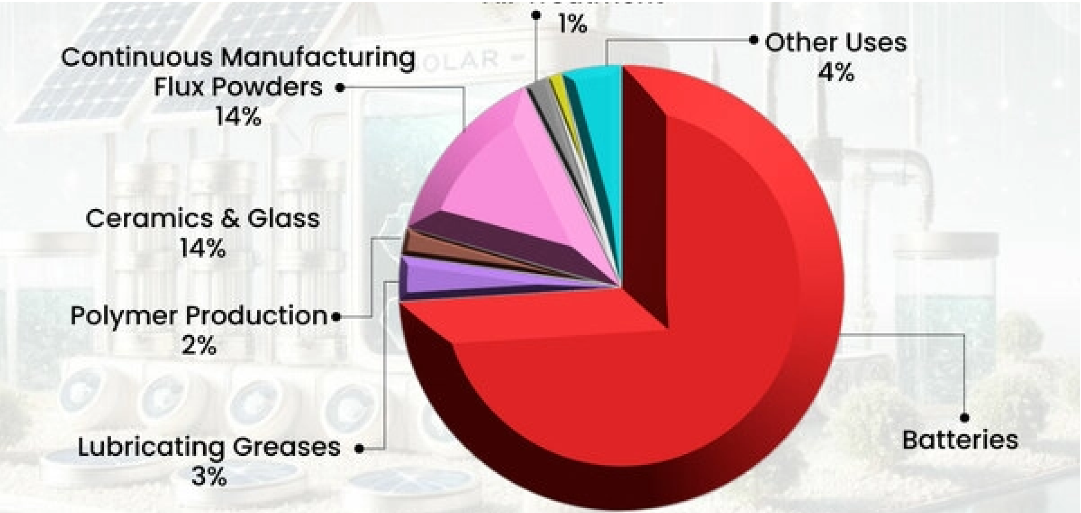Growing Health Awareness & Demand For Plant-Based Foods
According to an Oxford and Johns Hopkins study, plant-based foods generate far less CO2 and methane than meaty equivalents. It is significant since animal agriculture accounts for 15% of the world's greenhouse gas emissions. Scientists agree that we must drastically reduce meat consumption to meet the international community's climate targets. Thanks to plant-based imitation meats, consumers can continue eating their preferred cuisines while having a more negligible environmental impact.
One might adopt a plant-based diet owing to food allergies, animal ethics, environmental concerns, or just a wish to add more vegetables. A plant-based diet doesn't just mean consuming tofu and broccoli nonstop; plant-based meals can also be tasty if properly prepared.
For many people, social convenience, enjoyment, and ideas about the necessity of meat in the diet are obstacles to changing their diets. Plant-based alternatives provide a potential answer since they are designed to resemble the flavor and texture of animal-based alternatives while limiting changes in eating habits and culinary abilities.
Consumer preference for plant-based foods is rising along with the demand for nutrition-rich foods due to the rise in lifestyle diseases like obesity, diabetes, cardiovascular disease, and hypertension, among others. In addition to offering carbohydrates, proteins, essential vitamins, minerals, and fiber, plant-based foods like grains like wheat, rice, oats, barley, and corn also cost less than dairy, which encourages their usage.
Because they come from plants, plant-based proteins offer a "halo of health." Plant protein is a trend driven by media interest, growing science, and new product development. The need for plant-based proteins is fueled by the increasing appeal of vegan and vegetarian cuisine worldwide.
Our bodies cannot store protein; humans must constantly have easy access to it if they are to maintain their energy levels and function at their peak throughout the day. It is crucial during breakfast because many people do not obtain the necessary protein. Moreover, plant-based foods are an excellent choice for a more sustainable earth because they use less land and water, have less energy, and emit fewer environmental gases.
